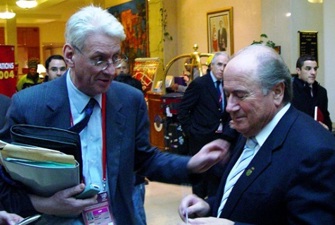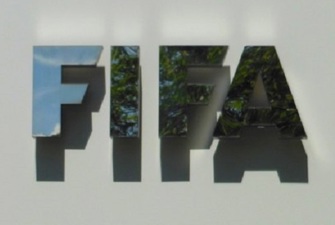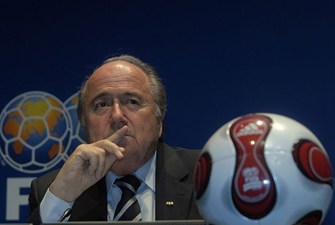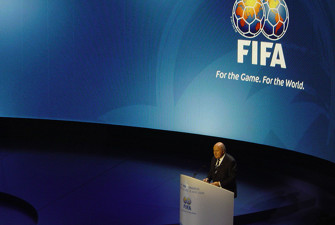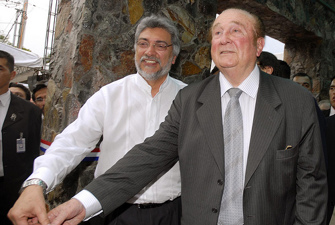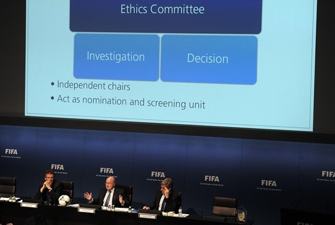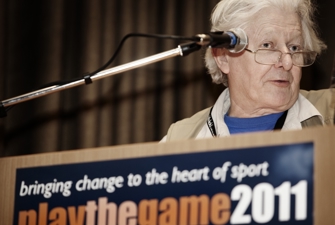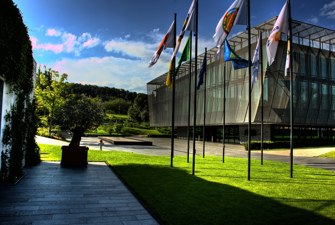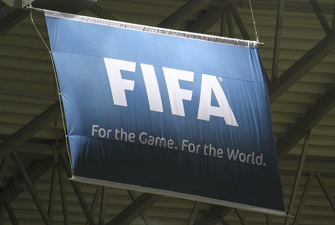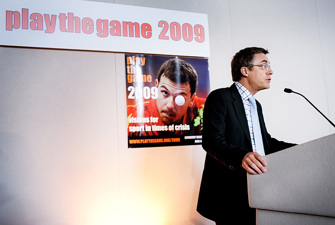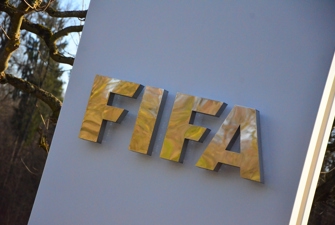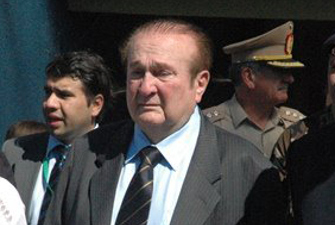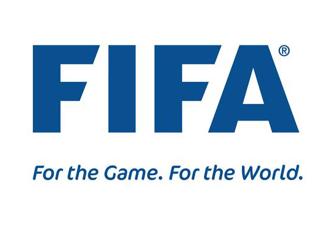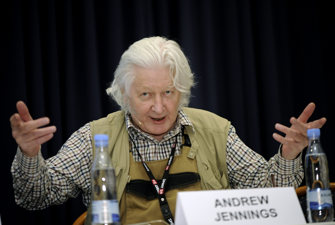ISL embezzlement case closes – verdict expected 2 July 2008
Bribery is part and parcel of winning media rights for sports events allege defendants in the criminal trial of six former employees of the ISL/ISMM media group, FIFA's former media partners.
The trial, which took place in the Swiss city of Zug, led to the admission by senior members of the now defunct company that 138 million Swiss francs (87.5 million euros) were paid by the firm in ‘schmiergeld’, literally bribes, to officials from many of the world’s major sports bodies to secure media rights between 1989 and 2001. The six defendants in the case are being tried for various embezzlement and fraud offences.
Of the six, only one, the former ISMM general director Jean-Marie Weber, has admitted to knowing the names of the recipients of these payments. However, he maintains that these payments were both legal and confidential, and has thus far refused to name names in court.
At the time of the payments, bribery was not illegal in Switzerland, and those suspected of receiving payments are not on trial, though it does raise ethical questions about the leadership of many sports organisations.
Weber’s lawyer, Marc Engler, did continue to allege that the payment of these bribes constituted standard practice for the sports world, just as had been alleged earlier in the trial by co-defendant Christoph Malms, ISL’s former chairman. Given the necessity of these payments, “then it is inconceivable to describe them as damaging to the company's creditors,” said Engler in court of the payments, reports the Reuters news agency.
Silence over bribes
The other defendants have remained largely silent over who was repaid the loans, much like Nicolás Leoz, the president of South American football governing body CONMEBOL, one of the few who have been named in court as receiving under-the-table payments from the ISL-ISMM group.
Prosecutors listed Leoz as receiving 130,000 US dollars (approximately 83,000 euros by today’s exchange rate) in two separate payments in 2000, an accusation that appeared to be confirmed by the testimony of Weber’s fellow defendants, Malms and Hans-Jeurg Schmid, the former CFO of ISMM.
However, despite the allegations being made public in the courtroom in mid-March, with similar accusations also levelled by magistrates in the case in September 2006, Leoz has refused to comment upon the allegations.
As have football’s world governing body, FIFA, who will issue a statement on the case upon delivery of the verdict by the court.
It was in fact FIFA that initiated the legal action, after being left heavily indebted by the ISL-ISMM group when the company collapsed.
However, FIFA asked for the criminal case to be dropped when some in the media began to question the relationship between FIFA and ISL-ISMM and evidence of financial irregularities between the two organisations began to emerge.
Nonetheless, despite FIFA’s request to drop the case, state prosecutors continued investigating the now defunct media company and its financial dealings. FIFA are just one of the parties who have been criminally damaged by the actions of ISL-ISMM, prosecutors allege.
FIFA blamed
In turn, the six former employees of ISL-ISMM who are facing prosecution have accused FIFA of backing out on a deal to rescue the failed company and take control of media rights vested within the organisation themselves.
“If we failed, it was not due to a lack of ability but because our main business partners did all that they could to make sure we did not survive, allowing another company with FIFA at its head to take over our operations,” former ISMM CEO Daniel Beauvois told the court, reports Reuters.
If found guilty, the defendants can expect to face up to four-and-a-half years in prison on various charges including fraud, embezzlement and fraudulent bankruptcy. The verdict will be delivered by the court in Zug on 2 July 2008.
